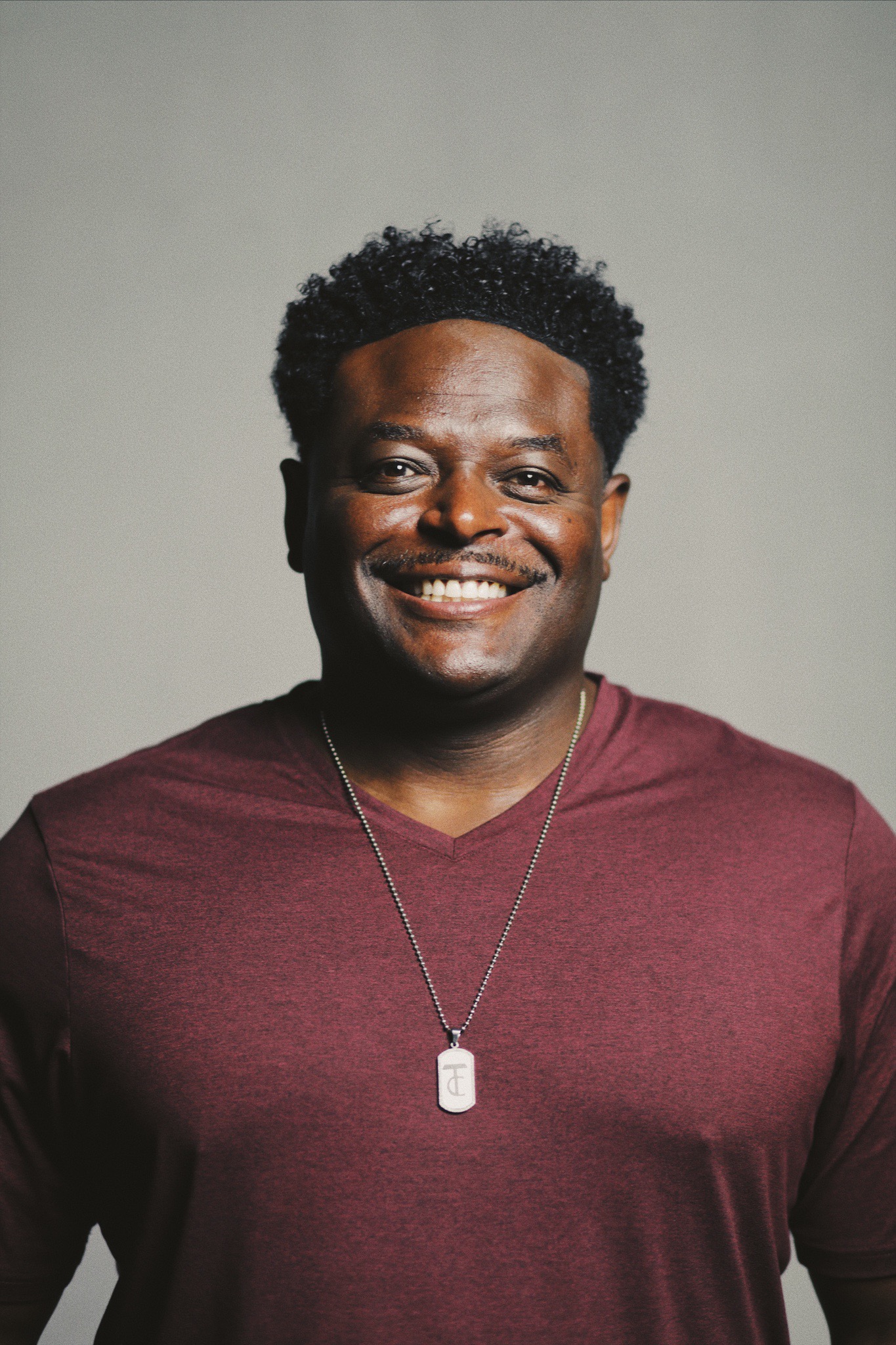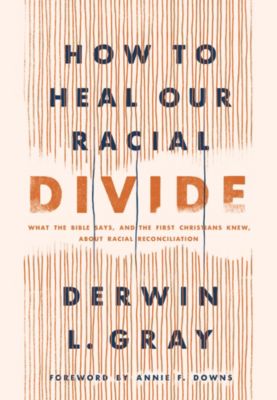
By Derwin L. Gray
Have you ever had a good day turn into a bad day?
One Sunday afternoon, I was marinating in my home office, reflecting on the brilliance of our Sunday service.
The music was doxological.
Jesus was exalted.
I preached my guts out.
I was faithful to exegete the text.
The gospel was proclaimed.
I was feeling good when I heard the notification that I had received an email. I just knew it was going to be from someone whose life had been changed by Jesus through the ministry of the church that morning. I opened the email and read the words “Why do you talk about race so much in your sermons? You need to stop it!” My heart sank. That empty pit feeling entered my stomach. Doubt crept into my mind.
The Bible Is Not Colorless
But there’s a reason I talk about race in my sermons. I describe it this way: The reason I preach about race so much is because the Bible does.
When God’s people are unified across ethnic lines, the demonic realm is put on notice that Jesus has won the battle. — @DerwinLGray Click To TweetThe reason I preach against the sin of racism so much is because the Bible does. The reason I preach ethnic unity in the church so much is because the Bible does. The reason I preach about ethnic unity so much is because Jesus and the apostle Paul did. Paul even went so far as to say that when God’s people are unified across ethnic lines, the demonic realm is put on notice that Jesus has won the battle (Ephesians 3:5-11).
According to Paul, ethnic unity among God’s ethnically diverse children is an eternal desire of God’s heart. God has forever purposed through Jesus’s sinless life, sacrificial death on the cross, and resurrection to create a multiethnic family. Racism, racial injustice, and disunity are invasive parasites that must be eradicated from the church.
The Bible is not colorless; rather, it is full of different ethnicities across the Old and New Testaments. If we take ethnicity out of the Bible, Jesus would not be a Jew, the woman at the well would not be a Samaritan, Pharaoh would not be an Egyptian, Cornelius would not be an Italian, Pilate would not be a Roman, and there would be no Amorites, Perizzites, Canaanites, Hittites, Girgashites, Hivites, and Jebusites.
Racism, racial injustice, and disunity are invasive parasites that must be eradicated from the church. — @DerwinLGray Click To TweetIt wouldn’t matter that Jonah was called to preach to the Assyrians. There would be no story about the Good Samaritan. There would no Ethiopian eunuch. There would be no Revelation 5:9-10:
“And they sang a new song, saying,
‘Worthy are you to take the scroll
and to open its seals,
for you were slain, and by your blood you ransomed people for God
from every tribe and language and people and nation,
and you have made them a kingdom and priests to our God,
and they shall reign on the earth’” (CSB).
Four things to remember in healing our racial divide:
1. Our ethnicity is a gift from God reflecting his multifaceted wisdom.
Biblical characters are not colorless or cultureless. They were people situated in real places, with real, image-bearing ethnicities, in particular cultures and times—just as we are.
2. God’s Word acknowledges the reality of ethnicity and the destructive nature of sin.
God’s Word cannot be faithfully interpreted and understood without understanding the sociohistorical reality of ethnicity and culture and the corruptive, destructive nature of sin. Sin, as it lives in the hearts of humanity and in the systems we put in place, has pitted humanity against God and humanity against one another. If we strip the Bible of ethnicity and cultural context and the implications of that, we are left with an individualistic gospel that is only concerned with saving our own souls.
Sin, as it lives in the hearts of humanity and in the systems we put in place, has pitted humanity against God and humanity against one another. — @DerwinLGray Click To TweetIn 1963, Dr. Martin Luther King Jr. addressed just this problem in his magisterial “Letter from a Birmingham Jail”:
“In the midst of blatant injustices inflicted upon the Negro, I have watched white churchmen stand on the sideline and mouth pious irrelevancies and sanctimonious trivialities. In the midst of a mighty struggle to rid our nation of racial and economic injustice, I have heard many ministers say: ‘Those are social issues, with which the gospel has no real concern.’ And I have watched many churches commit themselves to a completely other worldly religion which makes a strange, un-biblical distinction between body and soul, between the sacred and the secular.”
3. Unity has been accomplished through Jesus’s work on the cross.
The way to heal our racial divide is to catch the Bible’s vision of a new community—a multiethnic community—formed around King Jesus in mutual love.
The way to heal our racial divide is to catch the Bible’s vision of a new community—a multiethnic community—formed around King Jesus in mutual love. — @DerwinLGray Click To Tweet4. Love of God changes how we live.
You can’t hate or act with disdain, indifference, or prejudice towards another and say you love God. John writes, “If anyone says, ‘I love God,’ and hates his brother, he is a liar; for he who does not love his brother whom he has seen cannot love God whom he has not seen. And this commandment we have from him: whoever loves God must also love his brother” (1 John 4:20-21, CSB).

Derwin Gray
Derwin is the co-founding and lead pastor of Transformation Church in the Charlotte, North Carolina area. He is a former NFL player and author of several books, including his most recent, How To Heal Our Racial Divide: What the Bible Says, and the First Christians Knew, about Racial Reconciliation. Learn more at DerwinLGray.com.
Adapted from an excerpt in Gray’s forthcoming book now available for pre-order: How To Heal The Racial Divide: What the Bible Says, and the First Christians Knew, about Racial Reconciliation.








